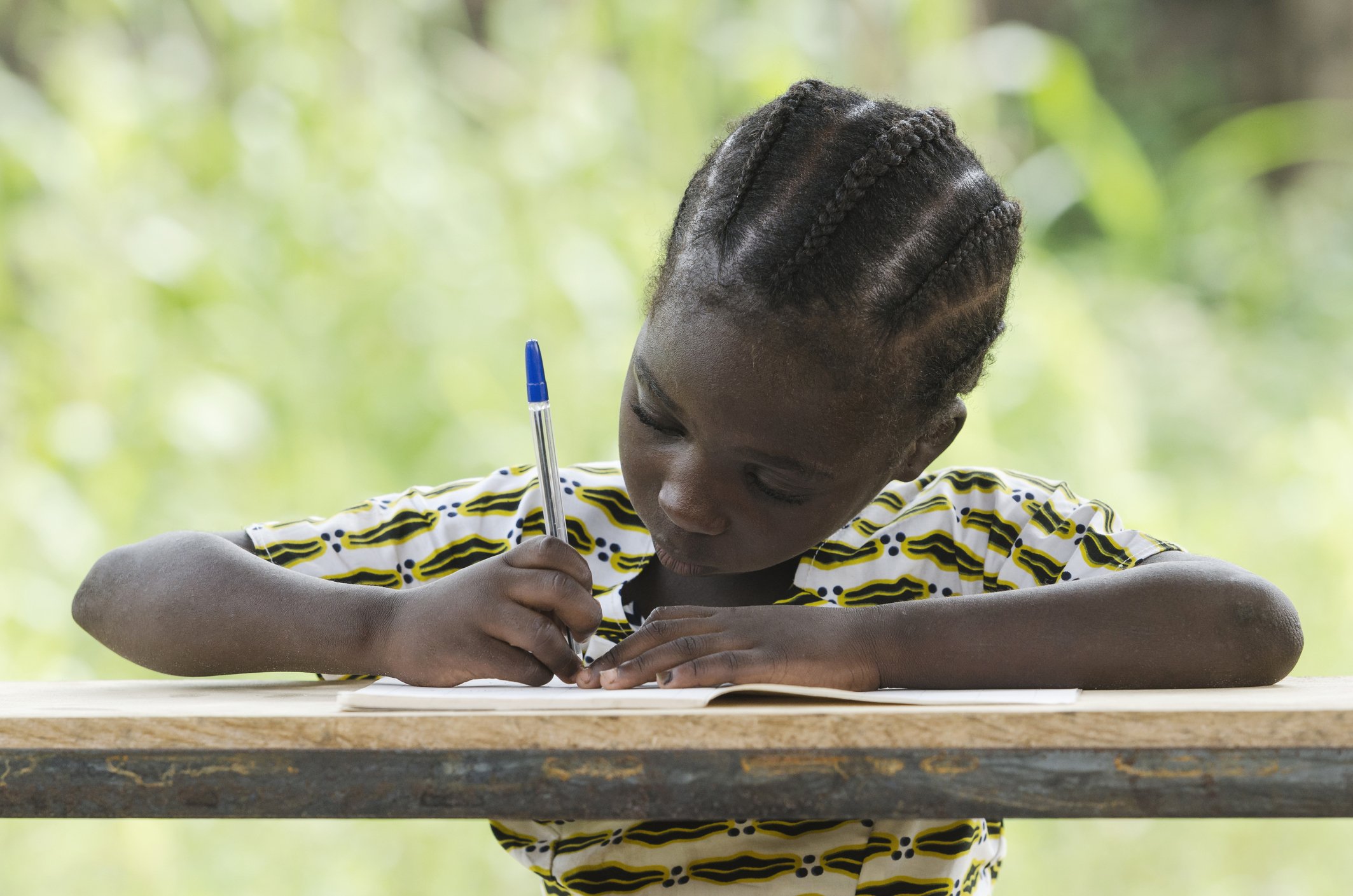
Leveraging psychological science and practice to achieve the UN Sustainable Development Goals.
17th Annual Psychology Day at The United Nations
April 25, 2024
11:00 am - 1:30 pm ET
Online; All are welcome
Presented by the Psychology Coalition at the United Nations (PCUN)
Reducing Global Inequalities Through Education: Psychological Contributions
The 17th Annual Psychology Day will highlight promising practices designed to increase equity in education, as well as address issues of societal inequality through education.
By promoting empirically-supported programming and interventions, Psychology Day offers the United Nations, Member States, NGOs, and humanitarians culturally-responsive international strategies for ensuring inclusive quality education and lifelong learning opportunities for all, underscoring the contributions of science in advancing the achievement of the SDGs and 2030 Global Agenda.
Psychology is uniquely positioned to respond to the challenges facing our international community related to access to quality education.
Education is a key to nurturing respectful intergroup relations and cultivating peaceful societies.
The United Nations has developed peace education resources to engage young people in action to support the elimination of weapons of mass destruction and promote disarmament. Education also has the potential for supporting the development of young people as informed global citizens.
Notably, the Secretary General’s agenda for the 2024 UN Summit of the Future includes a call to “transform education” including the recommendations to make essential shifts in the teaching professions, learning environments, and the way that the purpose of education is viewed. The agenda also acknowledges the importance of securing multilateral support and investment for the access to quality education for all.
Access to quality education also has significant impacts on the health and wellbeing of individuals, families, and communities.
Research has identified an association between an increase in educational attainment and more positive mental health outcomes. In addition, schools can directly support the psychological wellbeing of students, families, and communities through strengthening social-emotional skills, promoting resilience, and providing structure/routine. Given the essential role of teachers in these efforts, it is necessary to offer effective training, resources, and supports to educators.
Education is a human right and, as noted by the United Nations Development Programme (UNDP), it is also “one of the most powerful and proven vehicles for sustainable development.”
Over the past 20 years, there have been remarkable advances in education globally. For example, there have been increases in literacy attainment and girls are enrolled in school at higher rates than at any other time. Despite these laudable successes, educational disparities continue to be significant between urban and rural communities. In some areas of the world, close to half of the girls are out-of-school. Additionally, the access to education of children living in conflict affected areas is perilously limited, while millions of children lack essential literacy and numeracy skills. Further, the COVID-19 pandemic unfortunately disproportionally affected communities and has exacerbated school refusal.

Learn about the ways the field of psychology is addressing these issues, as well as working towards inclusive and equitable quality education for all.
Contact
Feel free to contact the PCUN program committee with any questions about this year’s Psychology Day at the United Nations.
Use the below form or email questions at: psychologydayun@gmail.com
Please use the registration button if you would like to attend the event:



